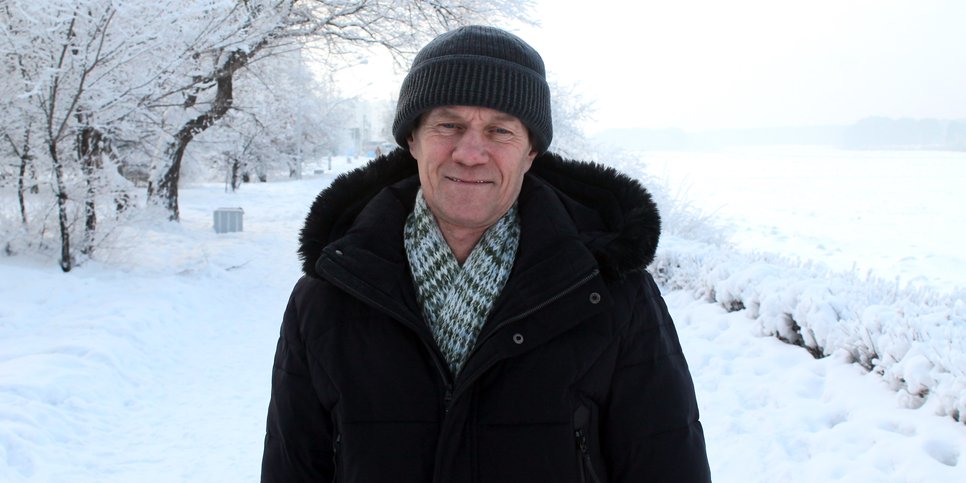An Appeal in Krasnoyarsk Overturned the Judgment Against Aleksandr Kabanov. The Court Found That His Guilt Was Not Established
Krasnoyarsk TerritoryOn December 27, 2022, a panel of judges of the Krasnoyarsk Regional Court overturned the judgment that was rendered against Aleksandr Kabanov because of his faith and returned the case to the prosecutor's office. Earlier, the Zelenogorsk City Court gave the believer a two-year suspended sentence for reading the Bible, but the appellate court considered Kabanov's guilt unproven.
In his appeal, the believer pointed out that his actions were exclusively peaceful in nature, namely "professing the religion of Jehovah's Witnesses, an essential part of which is the study of the Bible, including with other believers". Aleksandr believes that the goal of the guilty verdict is "to use the fear of criminal responsibility to deprive him of the opportunity to practice his religion". In addition, the prosecution acknowledged the absence of victims, and the judgment did not reflect any real consequences of Kabanov's actions.
The persecution of Aleksandr Kabanov began in December 2019, when he was detained at his workplace, his apartment was searched, and he was taken to a temporary holding facility. “Faith in God helped me not to worry too much . . . Words of encouragement from fellow believers helped me not to lose heart,” the believer later said.
Currently, 28 believers in the Krasnoyarsk Territory have faced persecution by the authorities. Three of them—Andrey Stupnikov, Anatoliy Gorbunov and Yevgeniy Zinich—were sentenced to various terms of imprisonment in general regime penal colonies for talking to people about God.
The ECHR judgment dated June 7, 2022, which fully justified Jehovah’s Witnesses in Russia, points out: “States do not have the right under the Convention to decide what beliefs may or may not be taught because the right to freedom of religion as guaranteed under the Convention excludes any discretion on the part of the State to determine whether religious beliefs or the means used to express such beliefs are legitimate” (§ 165).

